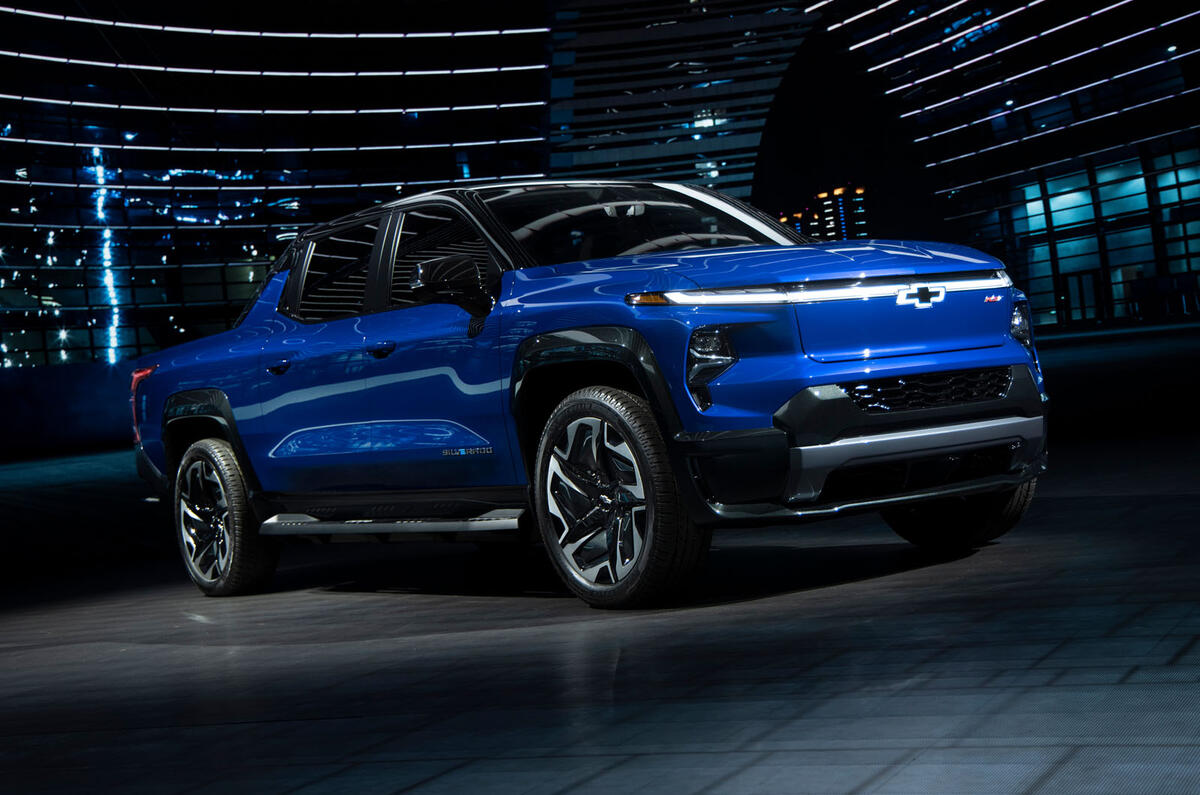Ultium Cells LLC, the joint venture between General Motors (GM) and LG Energy Solution (LGES) to build proprietary battery cells and all-electric powertrains, has scrapped plans to build its fourth battery cell making facility.
The original three EV battery cell factories are either in production now or have broken ground. Ultium Cells in Warren, Ohio, is in operation, ramping up production now. Ultium Cells in Spring Hill, Tennessee, will go online later this year, after receiving additional funding to increase overall plant capacity to 50GWh. Ultium Cells in Lansing, Michigan, has broken ground and is moving towards an SOP in Q4 2024. The fourth factory was thought to be slated for New Carlisle, Indiana, although no formal announcement was ever made.




Add your comment